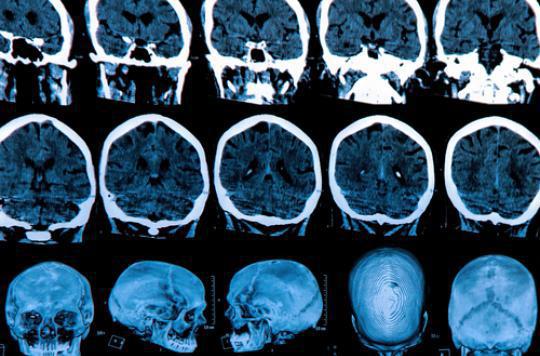Researchers at the Brain and Spinal Cord Institute have identified doxycycline, a well-known antibiotic, as a potential cure for Parkinson’s disease.

The incidence of Parkinson’s disease is steadily increasing. In 30 years, the number of diagnosed cases has increased from 40 to 56 per 100,000, an increase of 40%. And recently developed treatments, while they can treat certain symptoms and slow the progression of the disease, do not cure it.
But sometimes we go very far to look for what we have at hand. Researchers from the Brain and Spinal Cord Institute (Paris) have published results surprising in the review Scientific Reports. The tests carried out in vitro with a simple antibiotic, doxycycline, which was developed more than 50 years ago, gives rise to hope. Used at low doses, it would be able to reduce the toxicity of a protein, α-synuclein, which accumulates in the brains of patients with Parkinson’s disease.
A story of dosage
A normal dosage of 200 to 400 mg per day provides an antibiotic effect, while at ten times lower dose (20-40 mg), it disappears in favor of an anti-inflammatory effect, interesting for protecting neurons. Why not use classic anti-inflammatory drugs directly? Because they do not act on the neurons concerned, explain the researchers.
In addition, doxycylin could also act directly on α-synuclein, produced in Parkinson’s disease, by modifying its composition, and by limiting both its aggregation on neurons, and its toxicity.

The advantages of a known drug
Several drugs have already shown encouraging results in vitro. But once applied in vivo, their toxicity prevents their development as therapies. The blood-brain barrier – which isolates the brain from toxins, pathogens and hormones in the blood – also prevents therapeutic molecules from reaching targeted areas of the brain.
Disadvantages that doxycycline does not have, which crosses the blood-brain barrier well. Used since the 1960s, its side effects are also well known (photosensitivity, liver problems in pregnant women), and it is generally considered to be very safe.
Faced with the emergence of bacteria resistant to antibiotics, long-term use of antibiotics may seem dangerous. But, according to the researchers, it should not cause concern. At these doses, doxycycline would not act at all on bacteria, and therefore would not participate in antibiotic resistance.
.

















